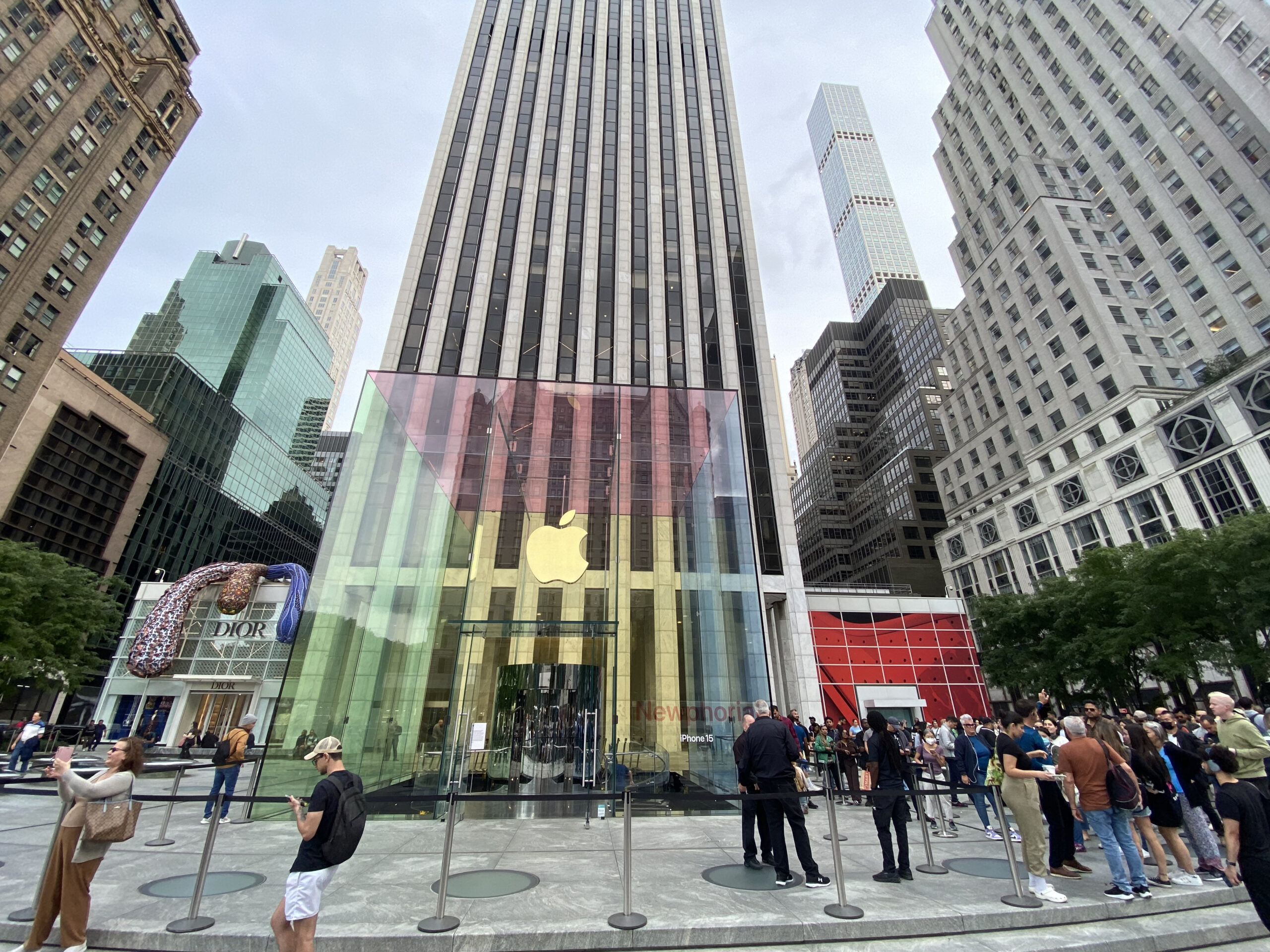Apple, Samsung Face Off in San Jose Courtroom as Smartphone Wars Continue
The perpetual Apple vs. Samsung smartphone smackdown returns to court today, with the latest round of litigation beginning jury selection in San Jose. As Ev Ehrlich argues at SFGate, the ongoing litigation doesn’t bode well for smartphone innovation.
While this particular offensive does not include any of the ridiculous rounded rectangle design patents that characterized some of Apple’s previous attacks, it nevertheless illustrates some of the continuing problems in the patent system. While I will leave it to Patent Progress and others to dig through the claims, it bears noting that one of the patents at issue, Apple’s autocomplete patent, seems to be a variant of “+ Internet” patenting that DisCo has described before — the practice of filing claims on known functionality (autocomplete), situated it in a next context (touchscreens). This Mad Libs approach of patenting seems to tax every generation of technological innovation, from combustion engines to computers to the Internet, and now smartphones.
Not only are the interminable smartphone wars likely bad for innovation, they are also unlikely to lead to lower prices for consumers. Apple seeks to raise competitors’ prices through litigation and royalty demands, claiming it is entitled to an astounding $40 per unit due to Samsung’s use of using relatively minor details like autocomplete, and swipe-to-unlock. (Ars Technica characterizes the claim as “ludicrous”). Increasing the price of Samsung’s increasingly successful devices would take price pressure off Apple and provide the Cupertino giant the ability to maintain its own margins, even as smartphone technology becomes increasingly commoditized.
Of course, Apple itself is racking up extraordinary legal fees, incurring at least $60 million through the end of last year to their lawyers at MoFo (my former firm). Let’s face it: the cost of underwriting perpetual trench warfare among some of the best lawyers in the world is not cheap, and ultimately consumers somewhere will have to pay for it. In an era where 1 in 6 active patents read on the smartphone, it is unlikely that this will be contained to the consumers of any one firm. Rather, we’re all likely to pay for the smartphone wars, for a long time.








